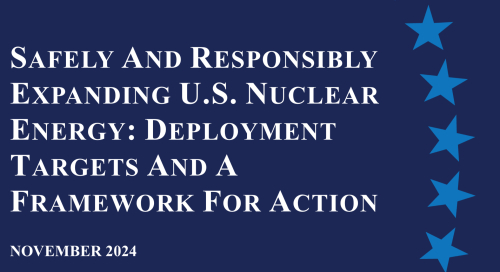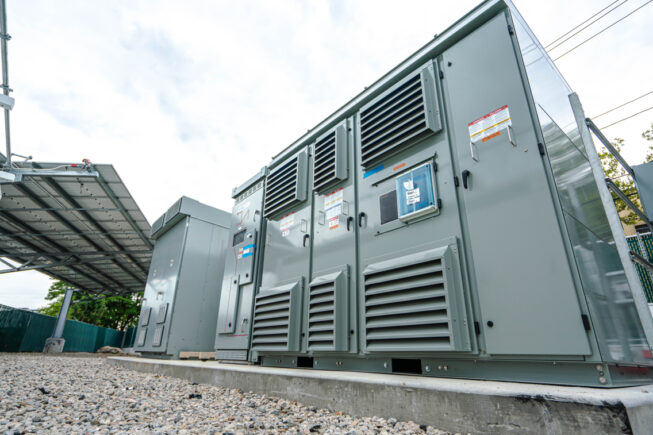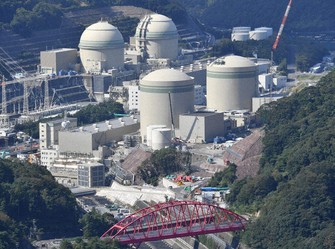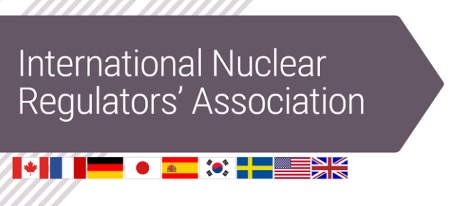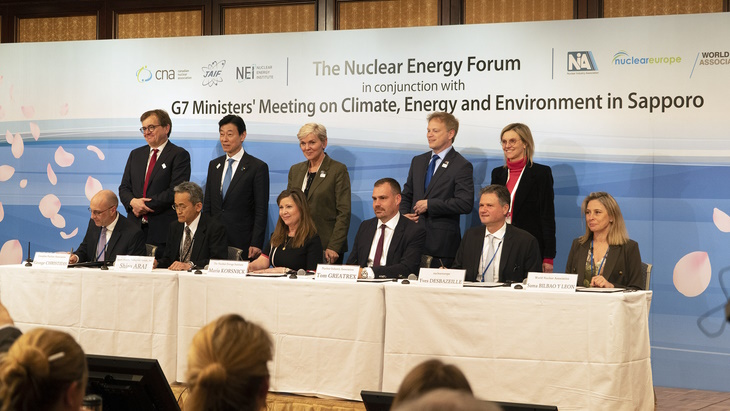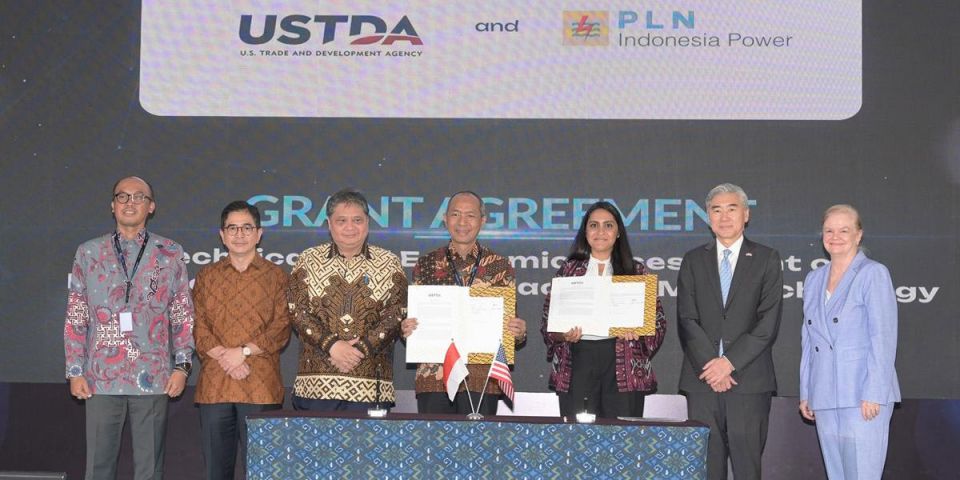Australian thermal coal prices have risen sharply in recent weeks despite an import ban from one of its traditional markets, China.
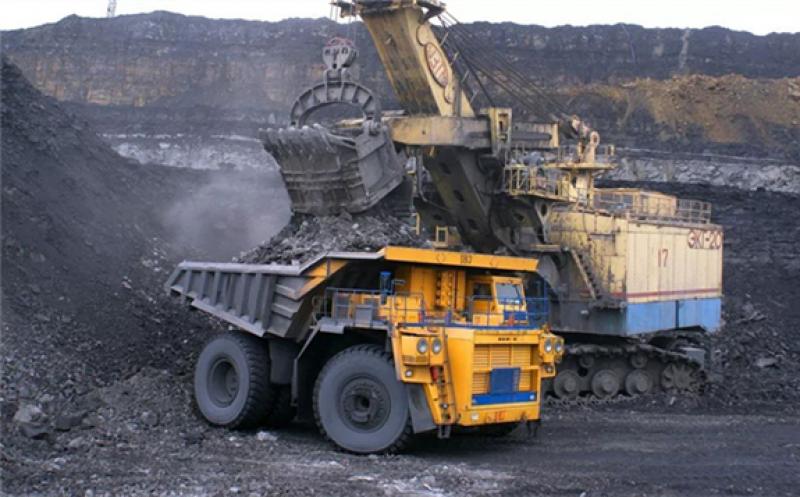
Increasingly severe domestic shortages have led to aggressive bidding by China for NAR 5,500 kcal/kg coal from non-Australian origins, including South Africa and Russia, displacing many usual buyers who were forced to chase Australian material instead.
"China may have scored an own goal by banning Australian coal. The market will always prevail," an international trader told Argus. His comment followed an extraordinary rally of nearly $10/t over the past fortnight lifting Australian NAR 5,500 kcal/kg coal to $46.89/t fob Newcastle on 4 December, according to the most recent Argus assessments.
Beijing imposed informal restrictions on Australian coal since April after Canberra called for an independent investigation into the origin of Covid-19, leaving Australian thermal coal prices in the doldrums in the second half of this year. The significantly lower prices, particularly of high-ash NAR 5,500 kcal/kg coal, drew interest from many non-traditional markets such as India, Turkey, Qatar and Myanmar (Burma), providing limited price support. Many Australian producers also scaled back output to halt further price slides.
But China's import restrictions are threatening to rebound on Beijing because of a severe northern hemisphere winter that has intensified restocking demand even as domestic production failed to compensate for steep import cuts since April. China's imports of all coal in November dropped sharply by 44pc on the year, lowering total January-November imports by 11pc compared with a year earlier. This has severely curtailed available stockpiles for winter. China's coal output is overstretched and unlikely to rise significantly in the near future, the China national coal association has said recently.
China's coal futures have been even more volatile, spiking to a record high on 8 December, with the actively traded January contract on the Zhengzhou commodity exchange closing at 702.80 yuan/t ($106.50/t). This was an unusually steep increase of Yn110/t or $16.85/t from nearly a month earlier. China's physical coal prices also surged in tandem with the futures. Argus last assessed Chinese NAR 5,500 kcal/kg coal at 671.25 yuan/t fob Qinhuangdao on 4 December, up by Yn42.25/t over the week. In dollar terms, the price gained $6.81/t to $102.47/t to reach a more than two-year high. This was much higher than the government-set upper limit of Yn600/t, underscoring the severity of domestic shortages.
Additional import quotas of nearly 20mn t were granted to some coastal provinces recently but they have done little to calm the market given the magnitude of China's demand. Some Chinese domestic thermal coal indexes had to stop publishing prices last week because they were much higher than the government-recommended levels, illustrating the sensitivity surrounding shortage-driven price hikes.
Struggle to raise output
A series of mining accidents involving fatalities in China have put pressure on the authorities to step up safety inspections nationwide, curtailing domestic output. The latest coal mining accident happened on 4 December in the southwestern city of Chongqing, killing 23 workers, according to state media Xinhua news. This follows an earlier accident in the same city in September that killed 16 workers.
Many Chinese producers are reluctant to exceed government-allocated production quotas for fear of incurring personal and corporate penalties. Inner Mongolia, the country's second-largest producing region, has faced an extensive central government-driven probe into overproduction and licensing this year. This has prompted coal producers there to resist calls to increase output.
A state-controlled mine in China's largest coal-producing province Shanxi was suspended last month for allegedly exceeding production quotas, which is considered a safety hazard.
Permission for coal producers in China to exceed production quotas is up to more than one government department and producers want a coordinated response before they can proceed legally with expansions. Such a coordinated response is unlikely after mining accidents that have put the spotlight on safety and because the Inner Mongolia mine probe by a central government commission is being conducted independently of other government departments.
Arbitrage opportunities
Increasing December production in China is too late to alleviate possible shortages in January, prompting aggressive bids by China-based buyers for increasingly scarce Russian, South African and Colombian NAR 5,500 kcal/kg coal. This is despite the presence of trace elements that could render coal from such origins unsuitable for typical Chinese buyers.
At least four Capesize cargoes of South African coal loading in December and January were sold to Chinese buyers recently. But the earliest that South African material loading this winter can reach Chinese ports would be January, with more time needed for customs clearance before it reaches utilities.
Strong Chinese demand also pushed up Russian NAR 5,500 kcal/kg prices, which rose by $2.95/t on the week to $61.75/t fob Vostochny on 4 December. But there is limited availability of NAR 5,500 kcal/kg coal from Russia, South Africa, Colombia and Indonesia, prompting some sellers to hold back as they expect bids to rise further.
The lifting of the overall seaborne price complex on the back of Chinese bidding has benefited Australian coal by sustaining its arbitrage into non-China markets. One trader estimated the arbitrage for Australian NAR 5,500 kcal/kg coal into India at around $9/t on 4 December, based on current spot prices and freight compared with NAR 5,500 kcal/kg South African coal. The arbitrage spread suggests there is still room for Australian NAR 5,500 kcal/kg prices to rise further, so long as China bids continue to pay higher prices for similar coal from other origins.
China is still importing large quantities of Australian iron ore to sustain its booming steel industry given a lack of alternative sources. It remains to be seen if the impact of the thermal coal shortages, which disproportionately affect China's heavily populated industrial coastal regions, will be sufficient to nudge Beijing into giving Australian coal the same treatment as iron ore imports.
This article is reproduced at www.argusmedia.com
